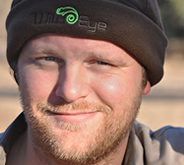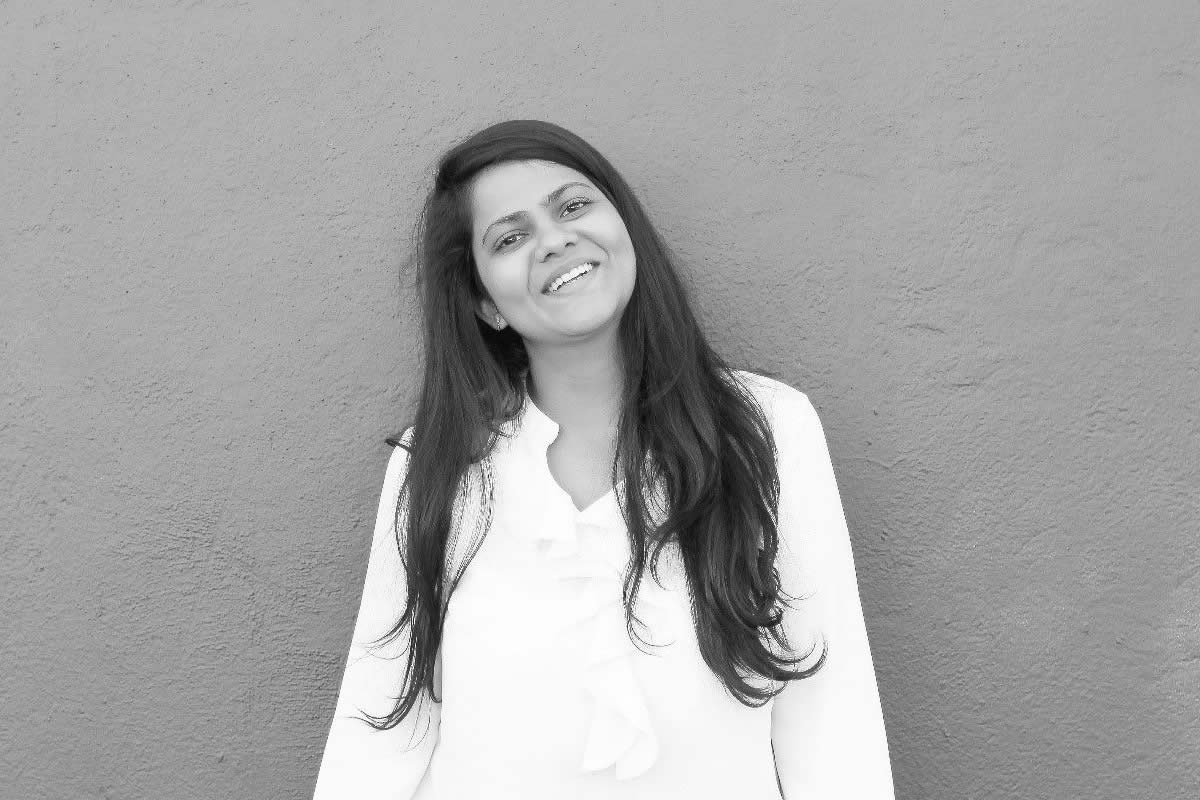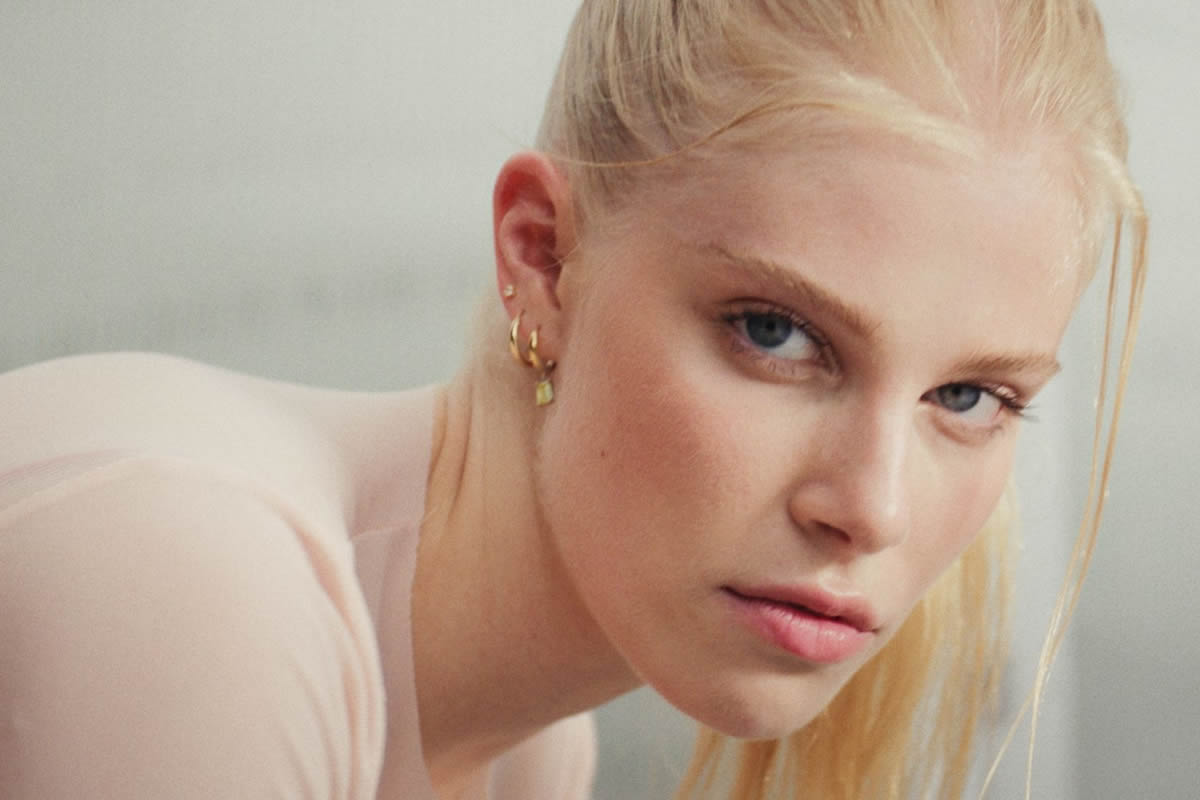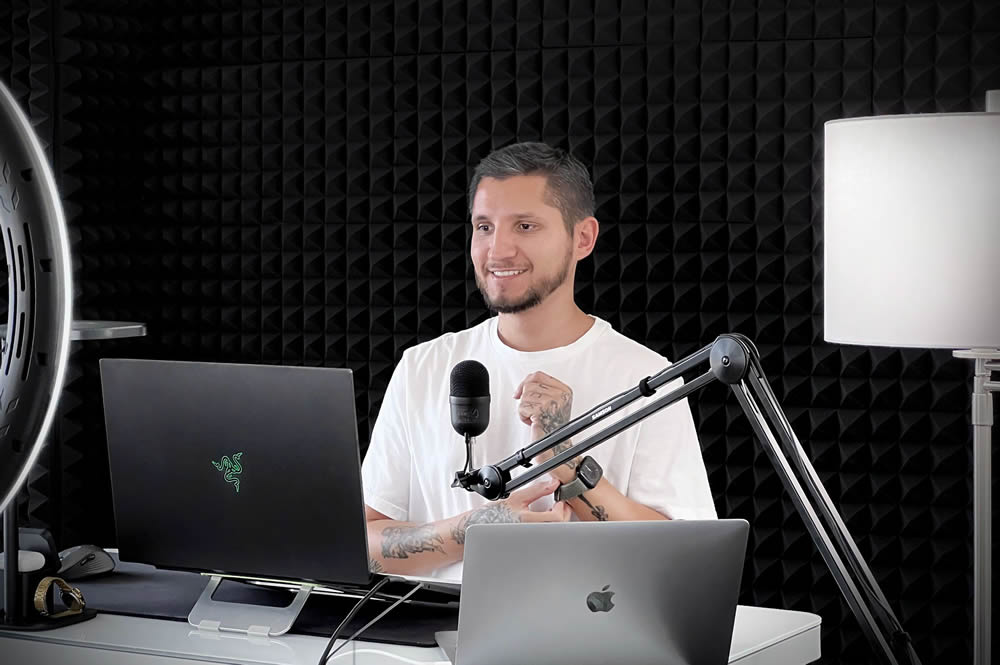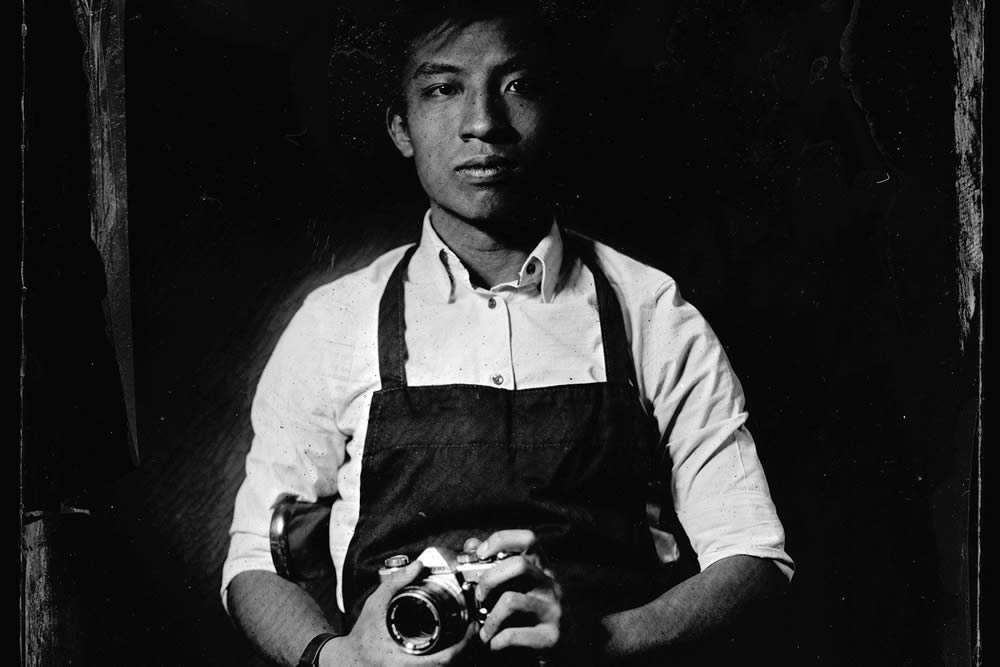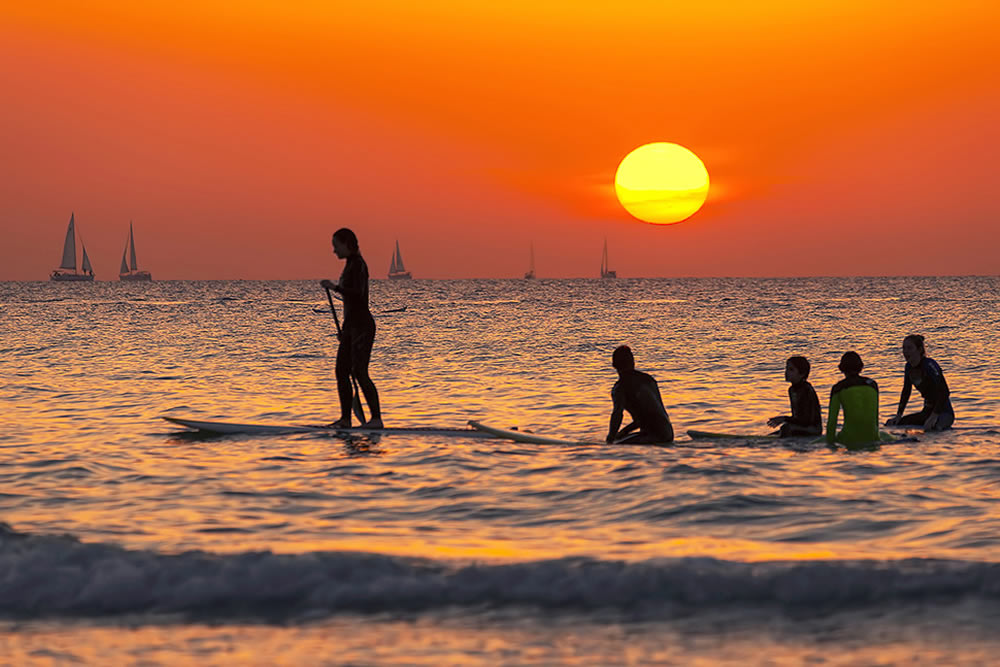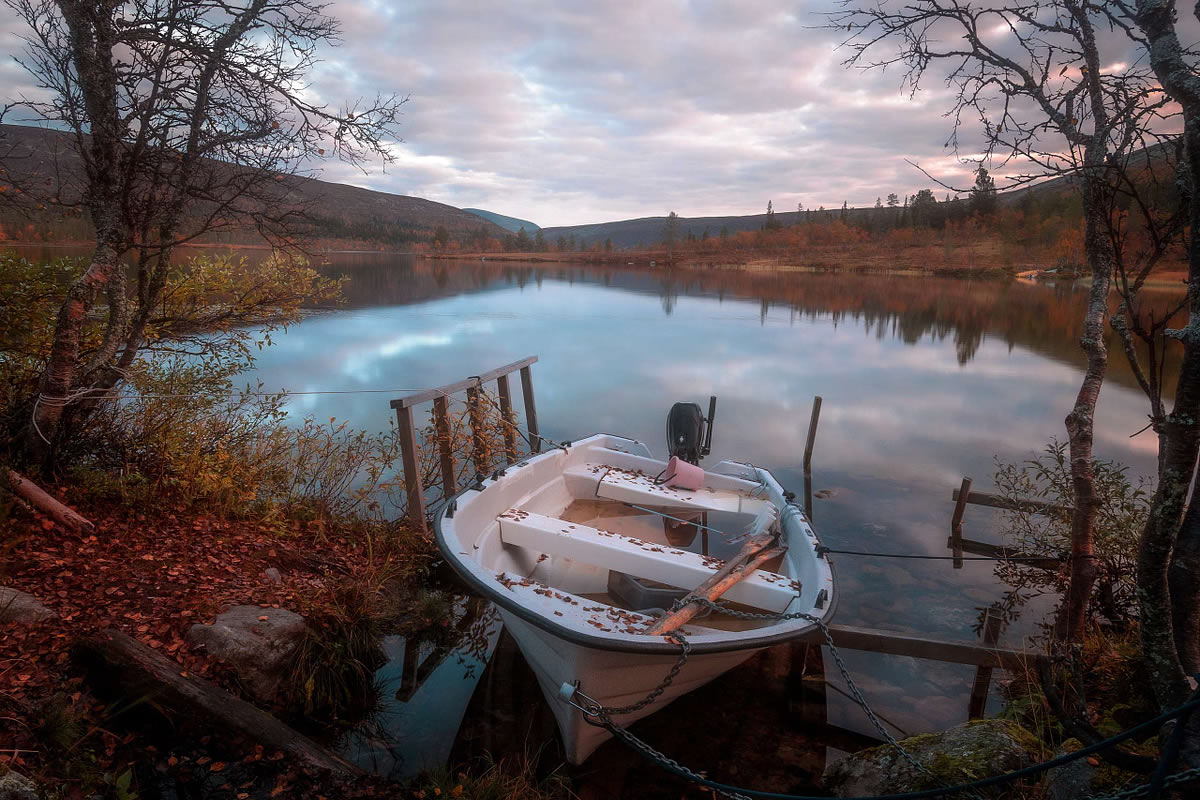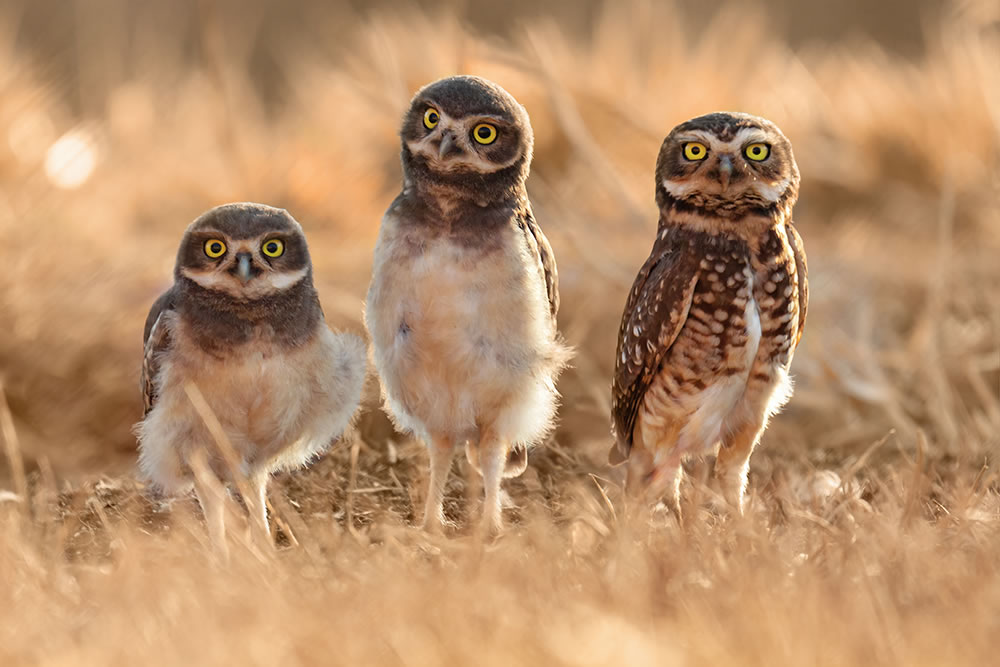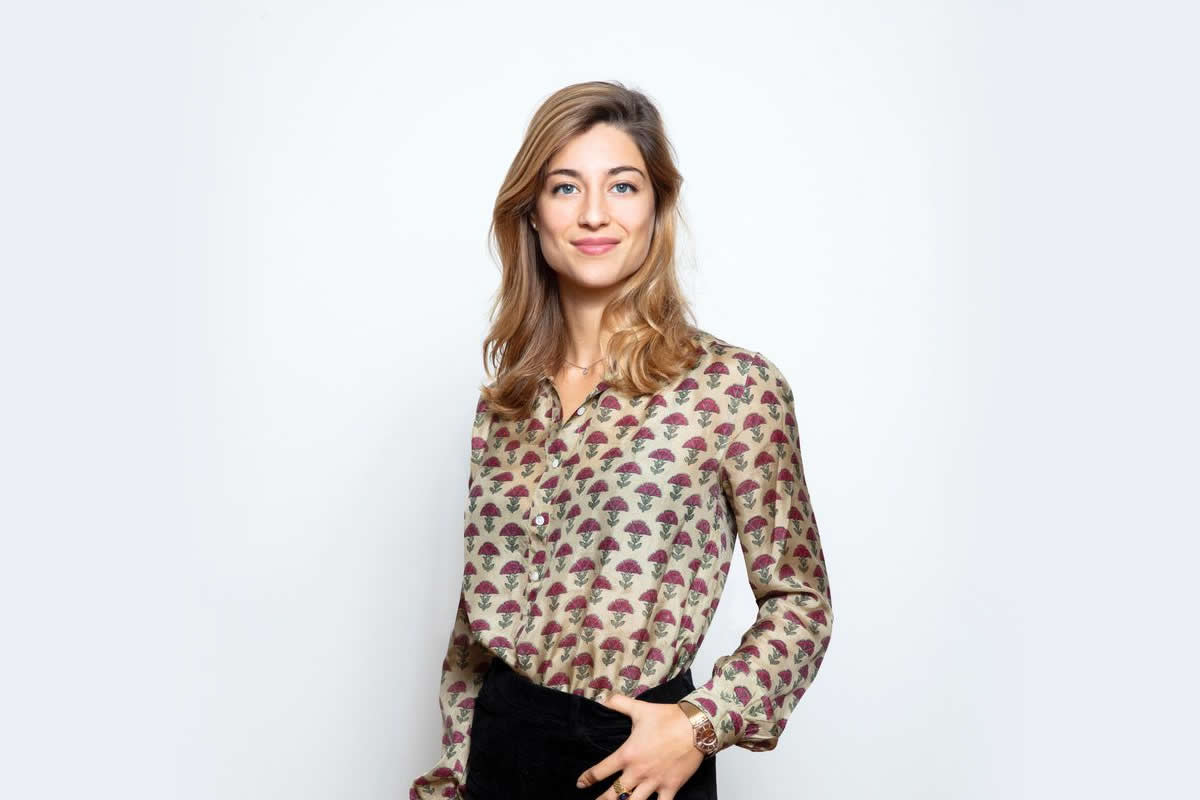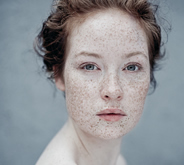Listen to Morkel Erasmus as he passionately speaks about his journey as a wildlife photographer, words on advice and some fascinating experiences he had encountered over the years. His answers are at the right pitch and very straight forward, a fantastic person who is very much open to share his vision and ideas regarding this wonderful genre of photography.
And we are pretty much sure that Morkel’s words will serve as a great advice for fellow photographers and numerous aspirants of this field.
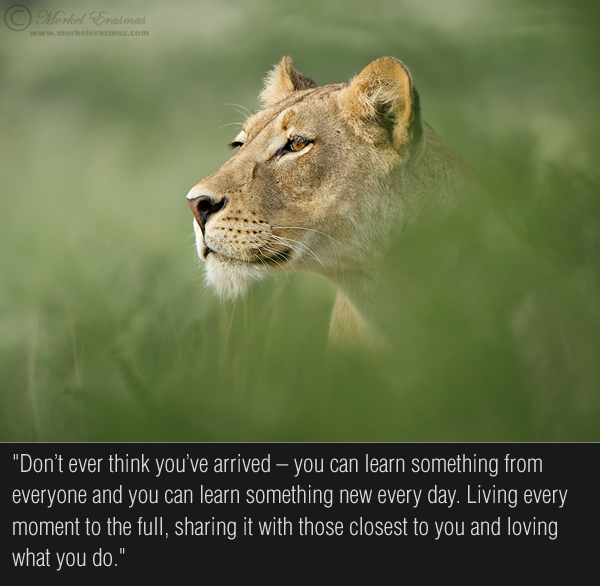
About you and photography?
I am one of those people who always go for 120% when I’m doing something (much to the frustration sometimes of those around me). Photography has just grabbed hold of me and it’s been a thrilling ride since I discovered it back in January 2009. Though I used to be a semi-professional musician, I am now a qualified Industrial Engineer, a loving husband to my wife and father to our 2 young kids, and now also a photographic safari guide with Wild Eye. Photography turned out to be a great “marriage” between my artistic soul and my engineering mind.
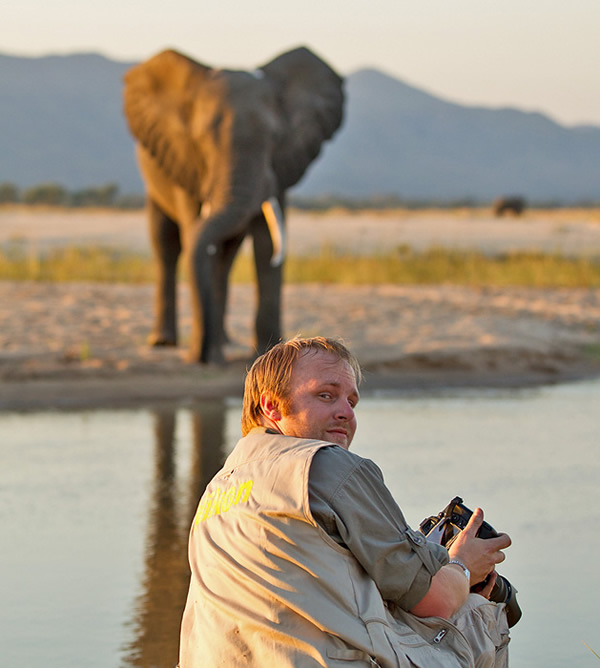
What made you get passionate over Wildlife Photography?
I have always enjoyed visiting the wilderness areas of my native South Africa, being taken on various trips to places like the Kruger National Park and the Drakensberg mountains by my parents who were both teachers and thus had more holiday time to spend with us than most working parents (every school holiday). The passion for our natural heritage remained strong as I went off to study and eventually started working as an Engineer – until the day that I picked up my first DSLR camera…everything just clicked for me then (pun intended).
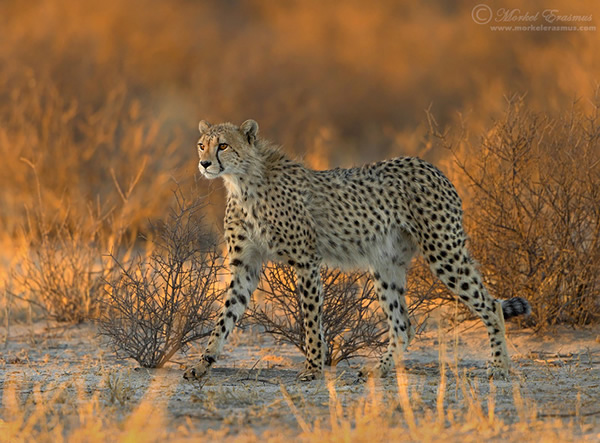
Can you mention some basic traits for being a Wildlife Photographer?
These days everyone doing a trip to Kruger with a camera tends to call themselves wildlife photographers. When I think of true wildlife photographers I think of people so dedicated to getting those unique shots that they spend hours, days and weeks in one spot and put their bodies on the line (without placing the animals at risk). Greg du Toit is such a passionate, dedicated wildlife photographer. I don’t think I am on that level yet, though I certainly work hard at my craft. I think qualifying traits would be unwavering passion and dedication to the craft, an equal passion for the conservation and preservation of that which you photograph, intimate knowledge of animal behaviour and loads of patience to be able to wait for the perfect moment to trip the shutter.
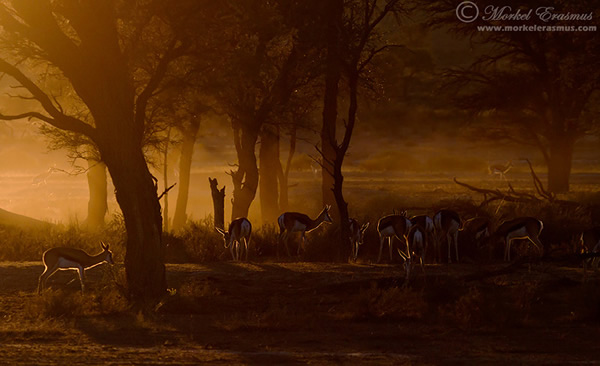
What makes animals so special for you and can you please mention any special moment with them?
Spending time in nature and among the wild creatures of Africa is good for the soul – for me at least it takes me back to the days when the continent was unexplored and those that lived here had to eke out a harmonious existence with the wilderness. There’s a tranquillity that comes from being in unspoilt nature. Being in nature also brings me closer to the Creator of it all – the whole earth is filled with God’s glory.
Two of my most memorable wildlife experiences have been in Mana Pools, Zimbabwe. In the one instance we were spending time with 3 elephant bulls on foot as they were foraging in the forest. The oldest and biggest of these bulls would continually raise himself up on his hind legs to reach the succulent leaves in the highest trees, and we spent about 2 hours running around the forest, changing our position to work with the light and capture this amazing behaviour.
The other instance involves African Wild Dogs on the same trip. We had leopard-crawled with our cameras in a dry riverbed to within safe ‘shooting’ distance so as not to disturb the pack who were relaxing in the riverbed. After about an hour of photographing them, the alpha male took notice of us, got up and walked purposefully towards us, bearing down on us and staring at us the whole time. When it got to within 10 meters from where we were lying motionless (due to excitement combined with fear), he took in our scent, gave us one more look, then slumped down totally accepting our presence – exhilarating stuff!
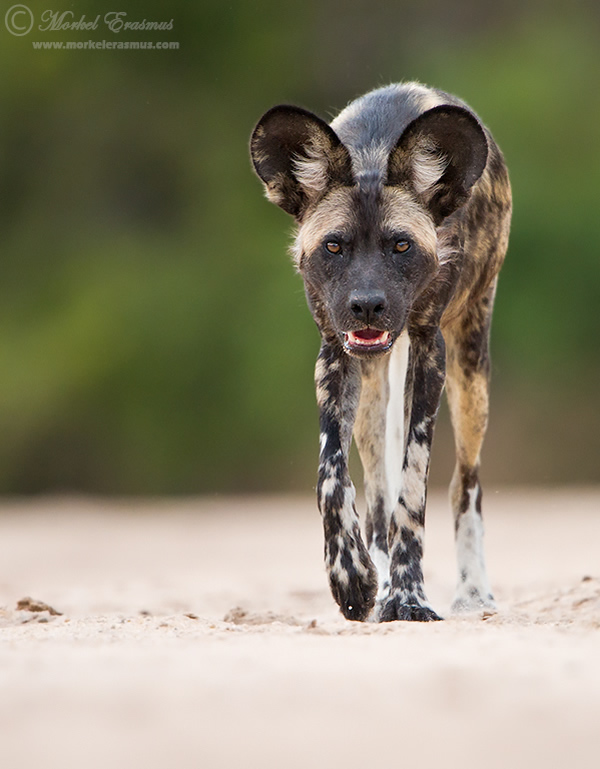
Tell about something we don’t know about Africa?
Unlike popular myths, we don’t walk around with pet lions and have elephants in our backyards.
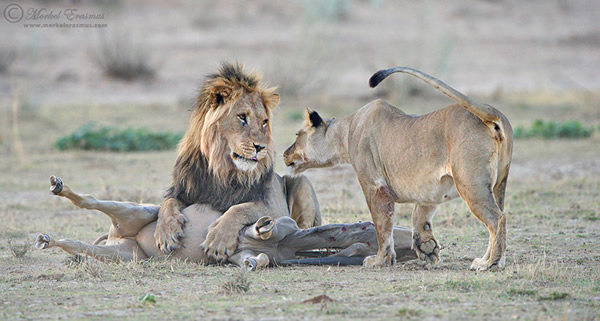
What makes monochrome so special in Wildlife Photography?
I love working in monochrome as it just adds a timeless mood to wildlife photography. It forces our colour-weary eyes (bombared with Technicolor TV and vibrant printed advertisements and billboards all day) to focus back to the basics of form, line, texture, light and mood. That being said, not every photo works in monochrome, and being able to pick out the ones that are suited to this medium is the hard part. I’ve found the best monochrome wildlife images are those that happen in the field – that is, when you think in terms of monochrome and capture images with that end-goal in mind.
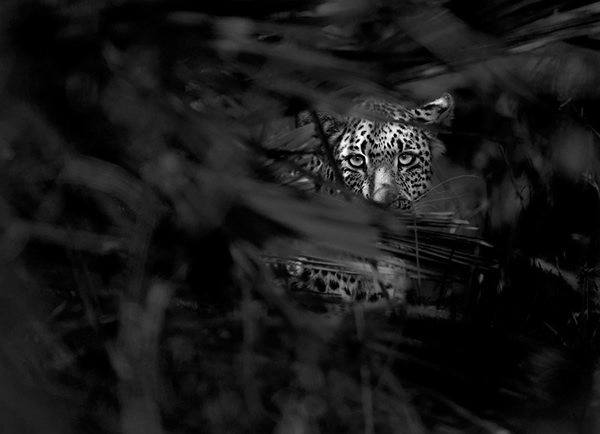
For Morkel how important is mastering field craft or animal behavior ? How do you balance the two and avoid making a cliche image?
Any wildlife photographer will tell you that field craft is important…yet the emphasis is even more on field craft when you are in a situation where you have to approach wildlife on foot. In a vehicle, these days animals are normally accepting of the presence of the vehicle, so it’s up to the driver/guide to ensure that the animals aren’t put under pressure or threatened by getting too close or invading their space too often. Spending time with your subjects is the best way to be able to gauge and predict their behaviour. Being able to guess with reasonable accuracy what will happen next will ensure that you are ready for when it does happen, and that could make all the difference between getting and missing the shot.
As for “cliché” images – I don’t get spun up about that too much. I used to say outright that I am all about capturing unique images of familiar subjects, but you know what? Sometimes it’s fun and relaxing to just get that “stock” photo that so many people have shot. It’s always more about the experience than the photos. Yes, the opportunity has been there for me to capture some interesting images (at least in my eyes), but there are times when you just need to enjoy the moment/experience and shoot instinctively what comes naturally – and oftentimes those images might fit into what others deem as “cliché”.
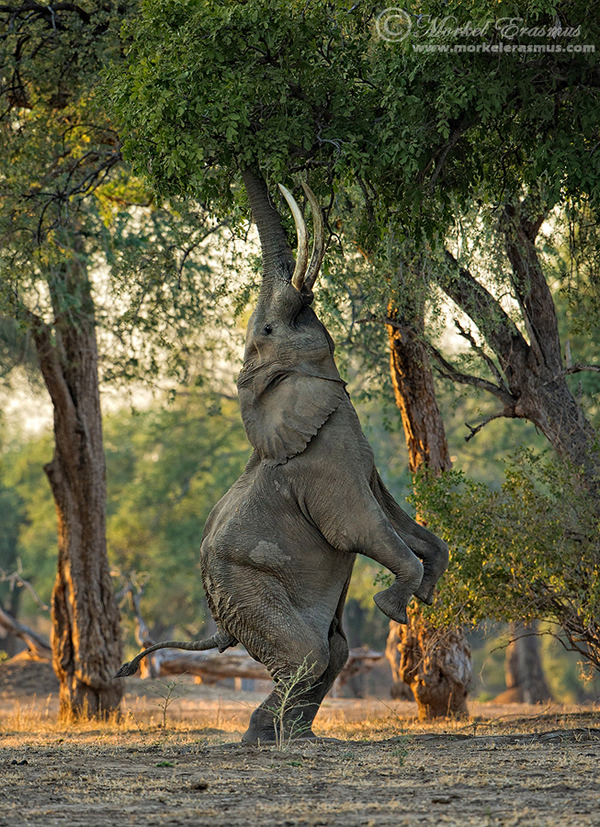
How important is Gear for any Wildlife Photographer?
Without gear you won’t get the photos. There’s always a debate about which lens and camera are best…I always say – the ones you have with you (though I am a Nikon guy). The images are made by the person looking through the viewfinder, the camera and lens are just tools at that person’s disposal. Now, obviously, better tools give you a better chance to create quality photos – there are images I would never have been able to take had I not used the Nikon D3s which I absolutely trust to get good quality in poor light (I often seem to photograph in poor light), but how about this: the image below that I was Highly Commended for in the 2010 BBC Veolia Wildlife Photographer of the Year awards,was taken with an entry-level camera and a normal 18-55mm kit lens!
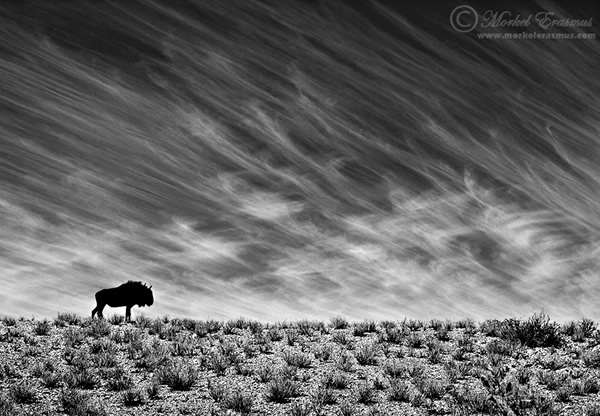
One funny incident on a Safari?
While in Mana Pools last year, my friend Marlon du Toit and I were photographing a large elephant drinking from the Zambezi river. The stream wasn’t very broad and we were on one end and the elephant on the other. At one point he started to cross the stream. I moved to the side and up the embankment to keep shooting from a safe distance, but Marlon being the fearless bloke that he is, stood his ground and the elephant didn’t like that. What followed was a mock charge (we both could see the signs), but it was still funny to see Marlon waving his big 400mm f2.8 lens at the elephant and shouting, with the elephant’s ears flapping about.
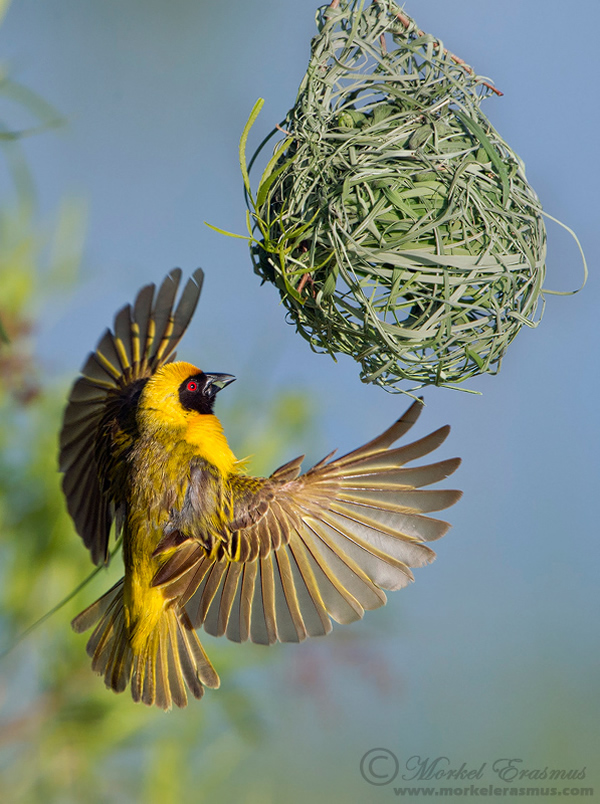
What makes you pursue & drive this thrilling genre of photography?
What I love most about wildlife photography is it’s unpredictability. Anything can happen at any moment, and for every 10 times that you come away without any striking images there’s that 1 time where everything just comes together and bathes you in a photographers’ euphoria. I am also working on a growing landscape photography portfolio, as it’s equally exciting for me to stand on the edge of a grand vista, watching the drama of nature unfold before me in the form of a beautiful sunset or stormy weather.
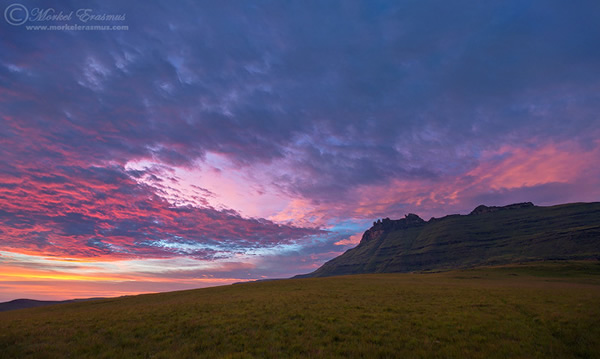
Your future goals/assignments and one place in the world you want to go but haven’t got a chance to?
I am hosting a number of great trips this year where I will be taking other people who are just as enthusiastic about wildlife photography as I am to some of the best locations in Africa – the Chobe river in Botswana, Mana Pools in Zimbabwe and the Masai Mara in Kenya (during the Great Migration). I also want to work on a project close to home involving a wild meerkat family on a friend’s farm.
As for places I want to go to? So many – internationally there are bucket-list destinations such as India, Alaska, Antarctica, Iceland, Svalbard and Patagonia…yet there are SO many spots in Africa I would like to get to first (what’s the use in going to all those locations on other continents when you haven’t even scratched the surface of the natural treasures of your own continent?). Some African bucket-list locations for me are to go trekking for gorillas and chimpanzees in Central Africa, to go to the great floodplains of Zambia, to explore the vast wilderness of Angola and Mozambique’s Niassa/Gorongosa parks and to spend more time in my beloved Kalahari and Mana Pools.
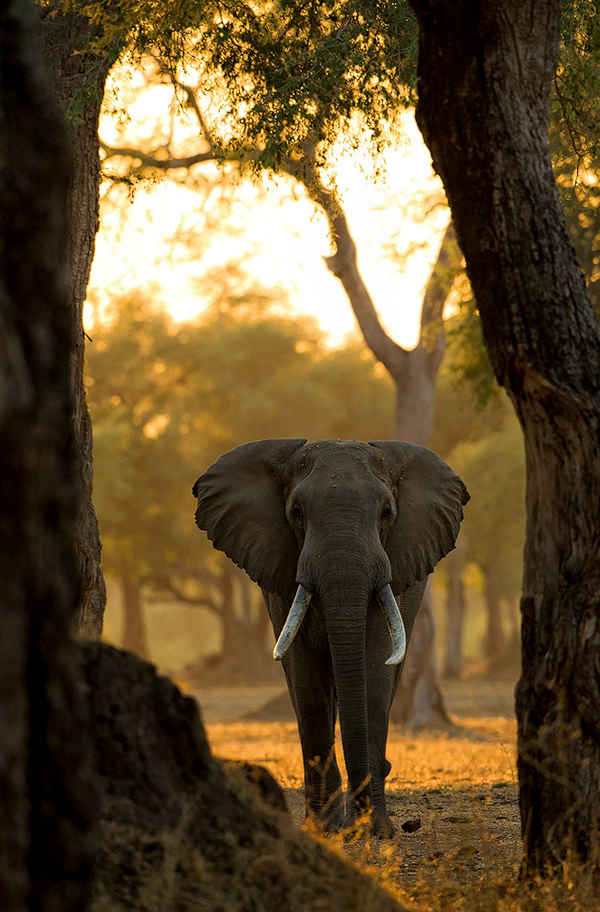
How do you think photography can change people’s attitude towards few endangered species/wildlife?
I think photographers have a big part to play. Firstly in documenting the heinous effect of poaching – showing orphaned rhinos and slaughtered animals, showing what is being done with the conservation donations brought in (nothing of rhinos and collaring of wild dogs for example). Secondly, we need to also celebrate the living specimens of endangered species we do come across. Spending time up close with a pack of African Wild Dogs last year has really driven home the point to my own conscience that these are animals worth protecting and conserving. We can use our photos to show people what is being done, and also what might be lost. I for one hope my own kids don’t know what a wild rhino looks like only by my photos – but photos alone cannot do the work in conserving these creatures.
There are some interesting discussions at the moment on how photographers can get involved, and I hope to be part of some great initiatives in this regard in the near future. Any conservation organisation wanting to use some of my images for their awareness campaigns or websites can certainly get in touch with me.We also have a specific Wild Eye Conservation Safari where people can get hands-on experience in anti-poaching and conservation initiatives while taking photos of the entire endeavour.

For Morkel what makes a Best Wildlife Picture?
Many wildlife photographers will probably say the same thing – a good story-telling image. Everyone has that ideal to capture a photo that speaks the proverbial 1000 words. Those are rare and come across only once in a while. In general, I like seeing photos that make me wish I was there and experience the moment with the photographer – and hopefully some of my photos do the same to viewers. This is one I particularly like.
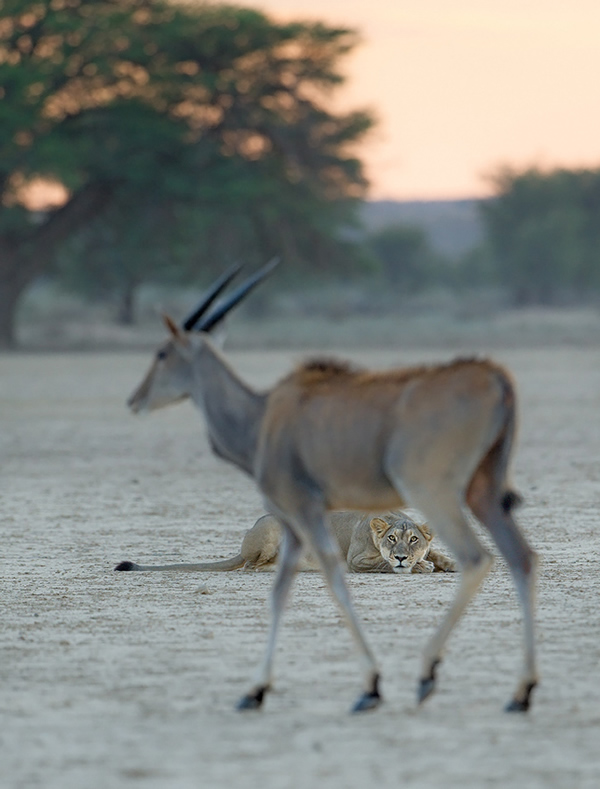
Which photographer, has been the greatest influence on you? What set them apart for you?
There have been many who have inspired me over the past few years…but I would have to say the most consistently inspirational wildlife photographer to me is Marsel van Oosten. He just manages to capture a moment so well, and presents images that are timeless and evocative while still being descriptive and true to the moment in which it was captured.

Any secrets / advice to aspiring Wildlife Photographers?
Spend time behind your camera in the field – to get to know your gear, get a feel for your natural photographic vision and to get to know your subjects. Develop some patience –it’s hard, I know. Share your work – it’s no use that the photos just clog up your hard drive – share those photos you feel represent a standard you ascribe to, and get them in front of eyes of people who would appreciate them. Don’t ever think you’ve arrived – you can learn something from everyone and you can learn something new every day. Be open to honest critique and know when to take those critiques on board and when to let them roll off your back – knowing the difference will help you grow tremendously. Learn how to properly post-process your photos to bring the best out of them.
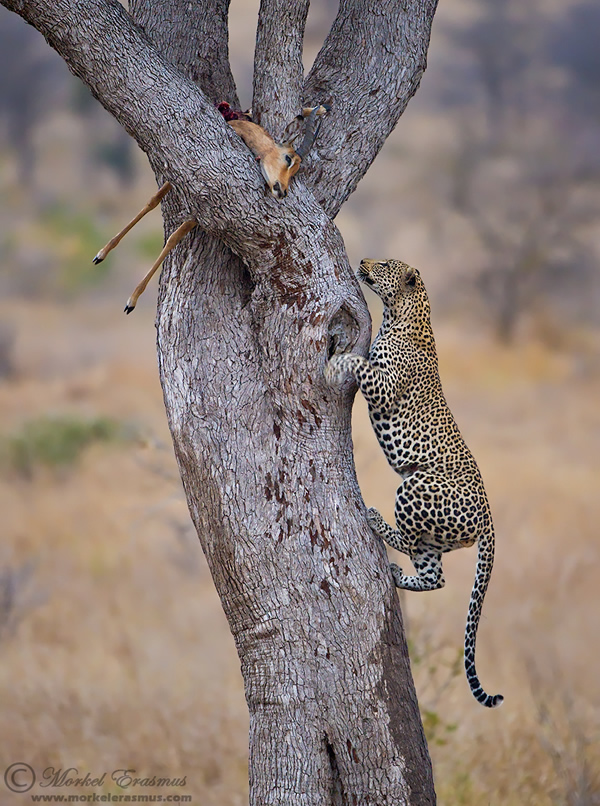
Quick Questions:
- What is your idea of happiness?
Living every moment to the full, sharing it with those closest to you and loving what you do. - What kind of a Person is Morkel?
Passionate, honest, somewhat eccentric, joyful, driven, likeable (I think) - What do you consider your greatest achievement?
Balancing my photography with my family-life, haha (I don’t always get it right) - Where would you like to live?
Anywhere that has wide open spaces, limited commercialisation, and is within driving distance to some proper wildlife. I think living in the countryside of Namibia must be as close to ideal you can get. - The Book you are currently reading?
The Gospel-Driven Life by Dr Michael Horton - What do you most appreciate in your friends?
Sticking it out with me! - Your Real life heroes?
My wife and kids, my parents and everyone who lays their lives down to properly raise up children in this ever-darkening world.
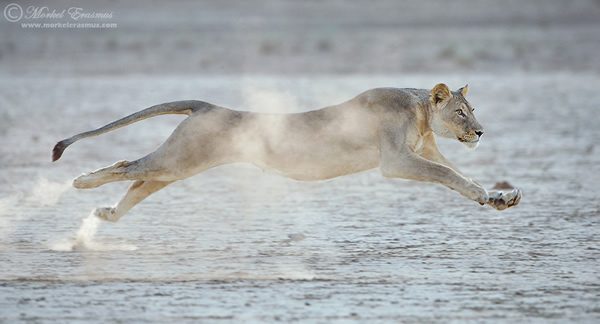
Thanks again for this great interview with 121clicks, any final thoughts for our readers?
I think that if we start to see other wildlife photographers as members of the greater similar community we will enjoy our photography more. It’s not a competition and it’s not a race…it’s a journey. Above all – enjoy the moments you get to spend in the natural world – as these patches of wilderness are disappearing far too quickly.
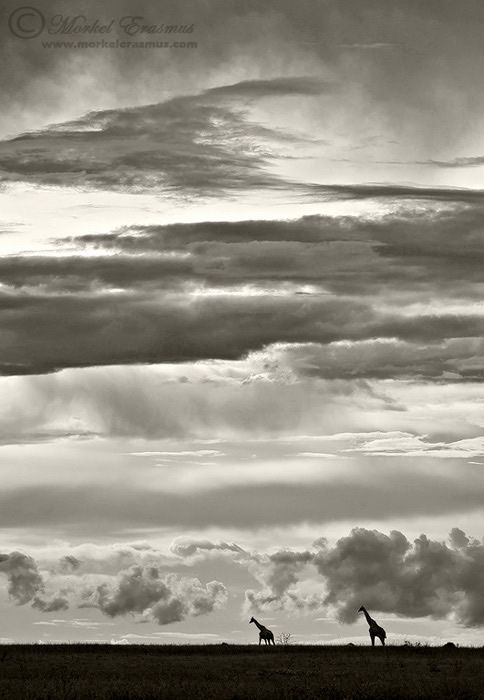
You can find Morkel Erasmus on the Web :
Copyrights:
All the pictures in this post are copyrighted to Morkel Erasmus. Their reproduction, even in part, is forbidden without the explicit approval of the rightful owners.

